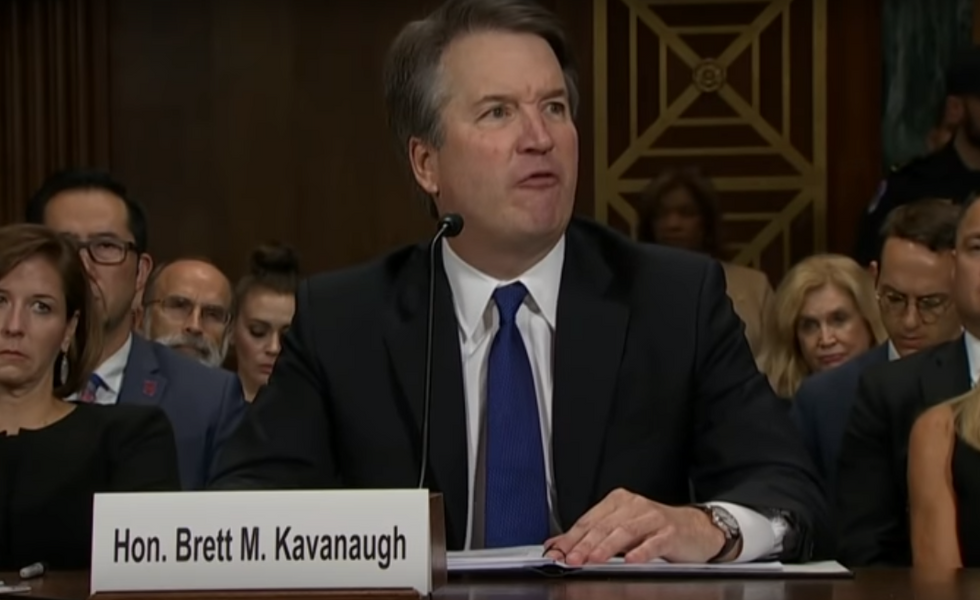It's a bit shocking to me that Congress did such a terrible job questioning Brett Kavanaugh. There was enough room within the questioning to be able to further determine his innocence or guilt, simply through the power of something known as a follow-up.
Instead of the senators yelling at each other, seemingly presuming innocence and guilt, they could have focused on the personality of Kavanaugh, or asked him why his flusterations led him to launch a partisan attack on The Democratic Party. They could have addressed gaps memory or his behavior or questions he might have had for the only accuser called before the Judiciary Committee, Dr. Christine Blasey Ford.
As much as I have respect for the senators to have the guts to call each other out on what they saw wrong, I find it equally disturbing that it had to happen while determining the legacy of a person who could be on the highest court of the U.S.
This time, our inability to work together runs a risk of severely impacting the way our government will behave for decades to come, be it good or bad. But complaining here isn't going to do it.
Rather, here are some of the questions that should have been asked.
He said he missed weightlifting once. Can we recall what he did instead? What was it?
This is pretty crucial, since we don't know what would fill up the day. It doesn't necessarily need to have been the party, but the purpose of the question would be to see if he can highlight the reasons for why he missed something he did every single day.
If he can remember, it would be consistent with the idea that the event had to be one that was very uncommon or unexpected. If not, then that could be an indicator that it had to be an activity he did often.
He said he would often have too many beers, but didn't know how many that was. Wouldn't that necessarily mean that he would have to recognize that he was drunk, while he was drunk?
It would be an interesting answer here. If he is able to answer, you could follow up with the question of what he was like when he was drunk — and detect if the answer is behaviorally consistent or if is suspiciously off.
He would have to have had to have some level of gaps the day after to detect that he was drunk the night before.
He called the Swetnick accusation a joke but didn't want to respond. Is that because he believes it is irrelevant or absurd?
The answer here could tell us what he personally believes his behavior matches best with. The answer here can't be great reasoning for whether or not he committed assault, but rather, would tell us how he personally deems his own behavior.
He openly declared that he was shy about his sexual inexperience. In order to cover that, did he ever feel like he attempted to appear more sexual than he actually was?
The answer here is important for pretty self-evident reasons. It would tell us whether or not he is the type of person who instinctively feels a greater need to be accepted by those around him, or if he is confident in the skin he wears. It could also help determine a hypothesis about his general behavior in accordance to the people he hung out with.
By asking these questions, one would be able to see how behaviorally consistent Kavanaugh's reasoning is, or at the very least, what he thinks of himself and how he behaves. From finding the answer to that question, we could have used it to determine how his teenage behavior was — whether or not he believes it should be frowned upon and how aware he was of what went on in his childhood to establish credibility or incredibility to his behavior.
- Stop Using The Brett Kavanaugh Scandal As A Platform To Argue ... ›
- The Kavanaugh Case Isn't Just About Sexual Assault, It's About The ... ›
- Look Out for Brett Kavanaugh And Know The Facts ›






















